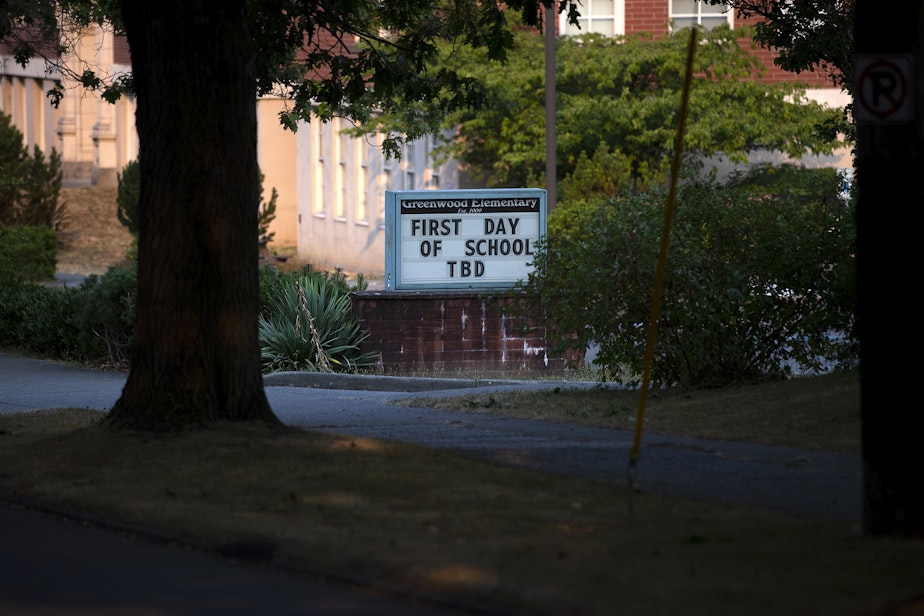No school Monday as Seattle teachers strike continues

Seattle teachers will strike for the fourth day on Monday after the school district and union did not come to an agreement over the weekend.
Seattle teachers continue to negotiate their contact with the school district, according to an email the district sent to parents on Sunday afternoon. This means yet another day without school for more than 50,000 Seattle Public School students, including preschool students.
This was a surprising pivot after they sent an encouraging email on Saturday, saying they were "making good progress on negotiations."
Teachers and other certificated staff started striking last Wednesday, which was supposed to be the first day of school.
Among the major issues is a new plan that would place more students with special needs in "regular" classrooms. This is referred to as inclusion, which teachers say they champion, but not without assurances that special education teachers and paraeducators (teaching assistants) will join those students in the classroom.
Traditionally, Seattle students with special needs were instructed in separate classrooms. When the district announced this plan as negotiations were underway, the teachers union took note, and said it needed more support for special education.
Teachers have said they worry about scenarios in which a child cannot use the restroom alone, feed themselves, or have violent outbursts, and the teachers would find themselves alone to tend to that child, in addition to 24 other students.
This strike is happening against the backdrop of the pandemic, with its years of remote learning and tentative returns to the classroom. There have been high levels of teachers feeling burnt out, many leaving the profession, and students missing class time.
According to David Knight of the University of Washington School of Education, the issues behind these strikes run deeper than money.
"These strikes, they're often about salary," Knight said, "but at the end of the day, that's usually not why teachers were drawn into the profession, and not why they stay."
—Isolde Raftery, David Hyde, Kim Malcolm, Hans Anderson




